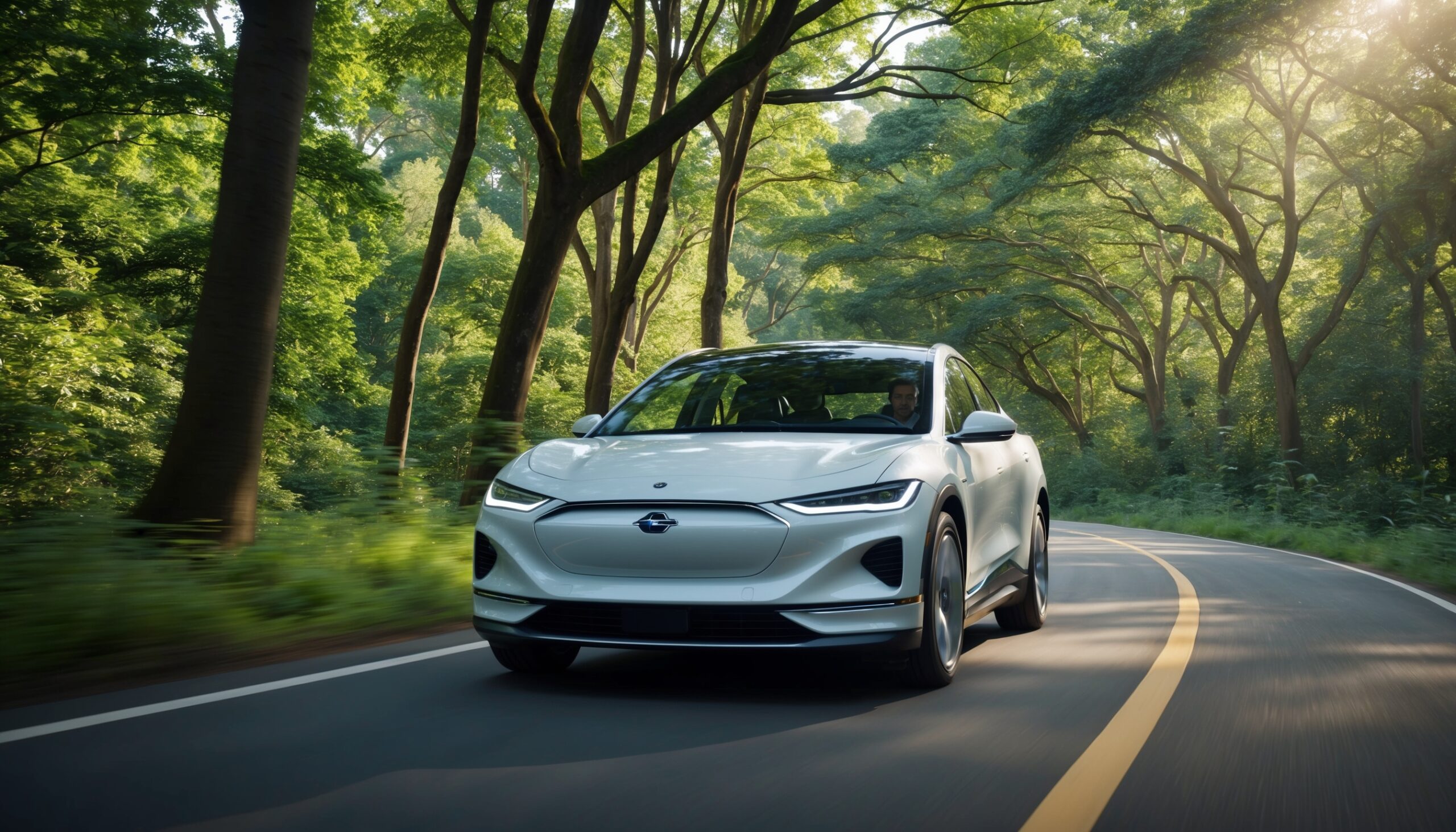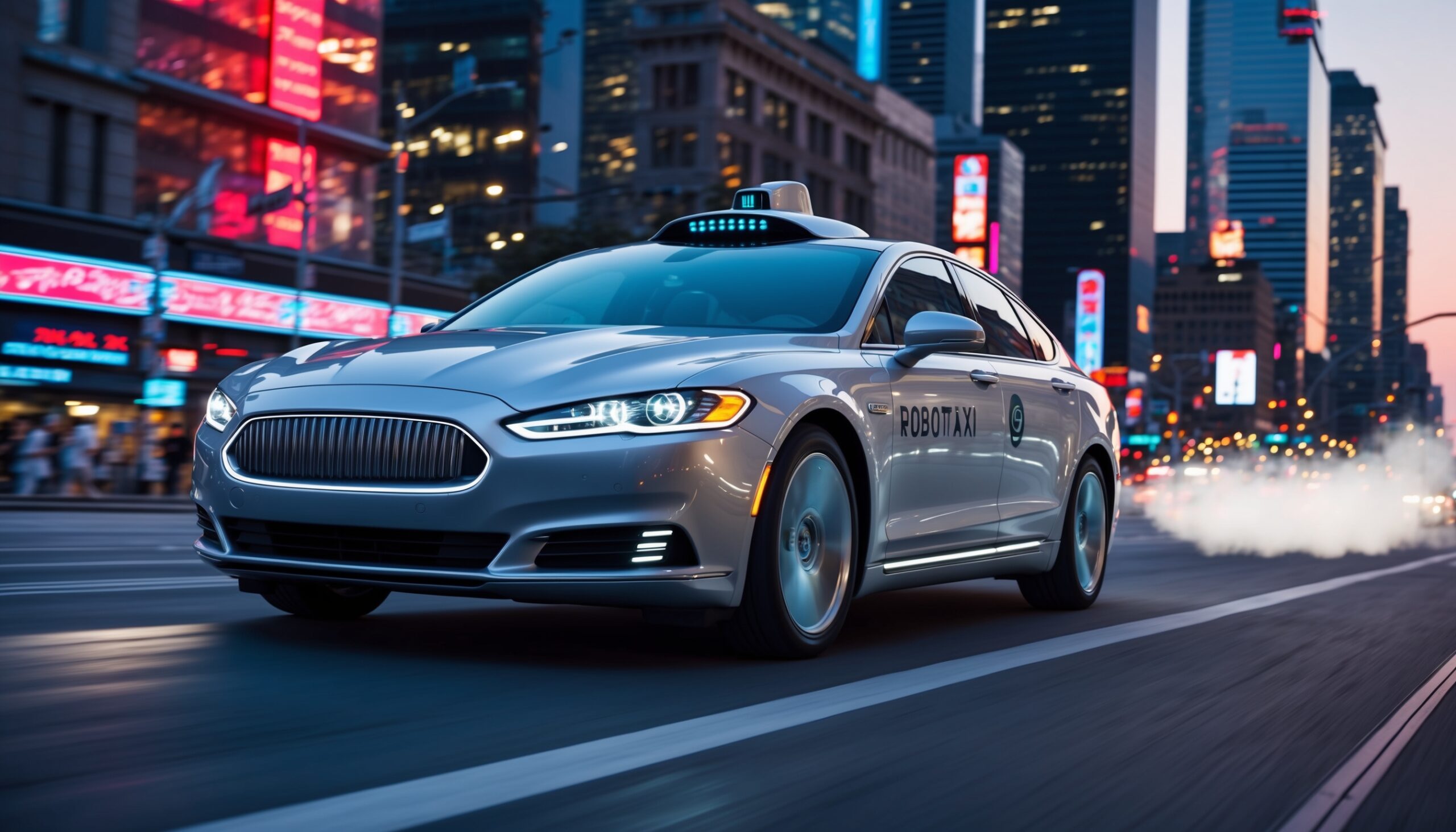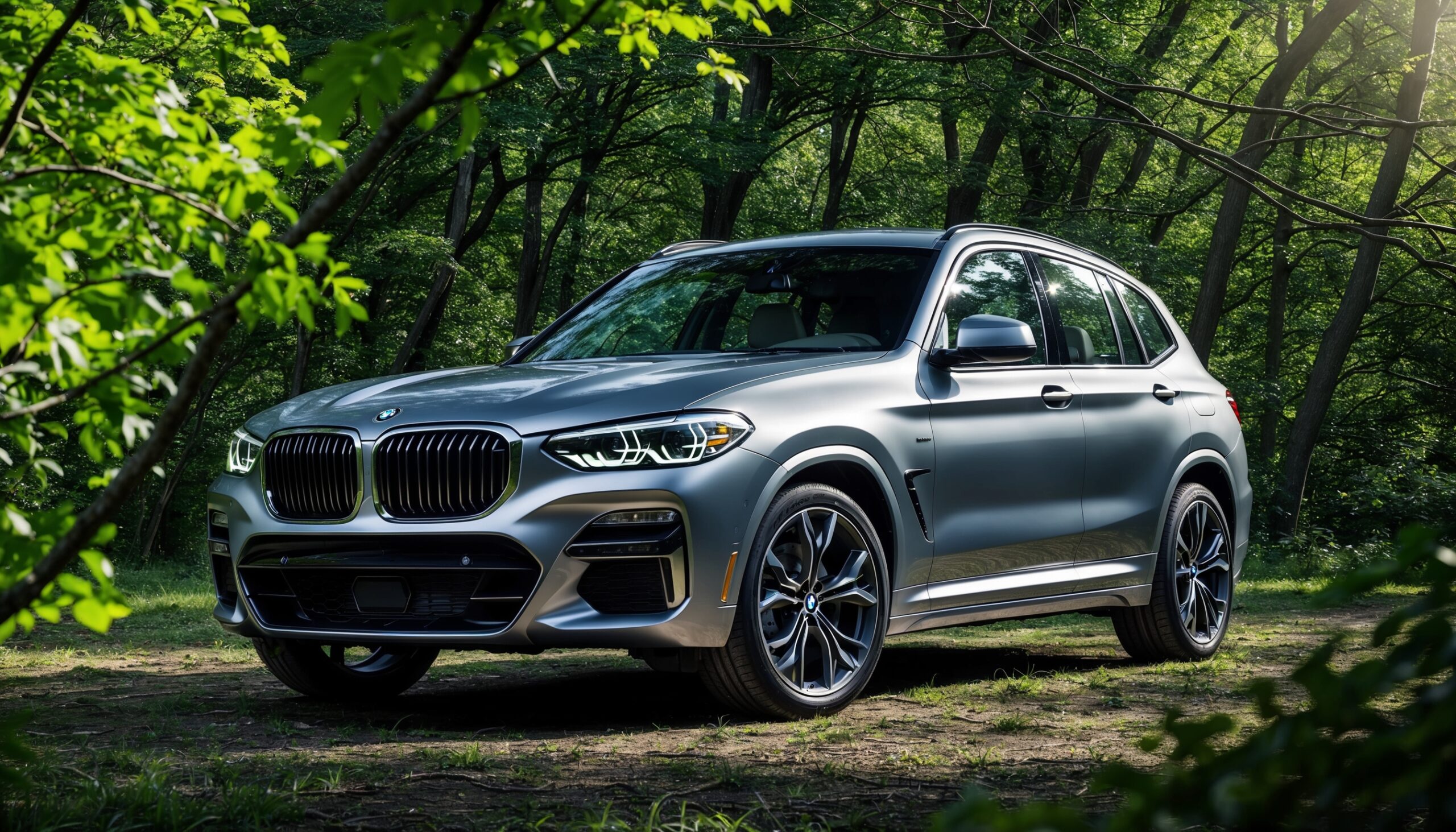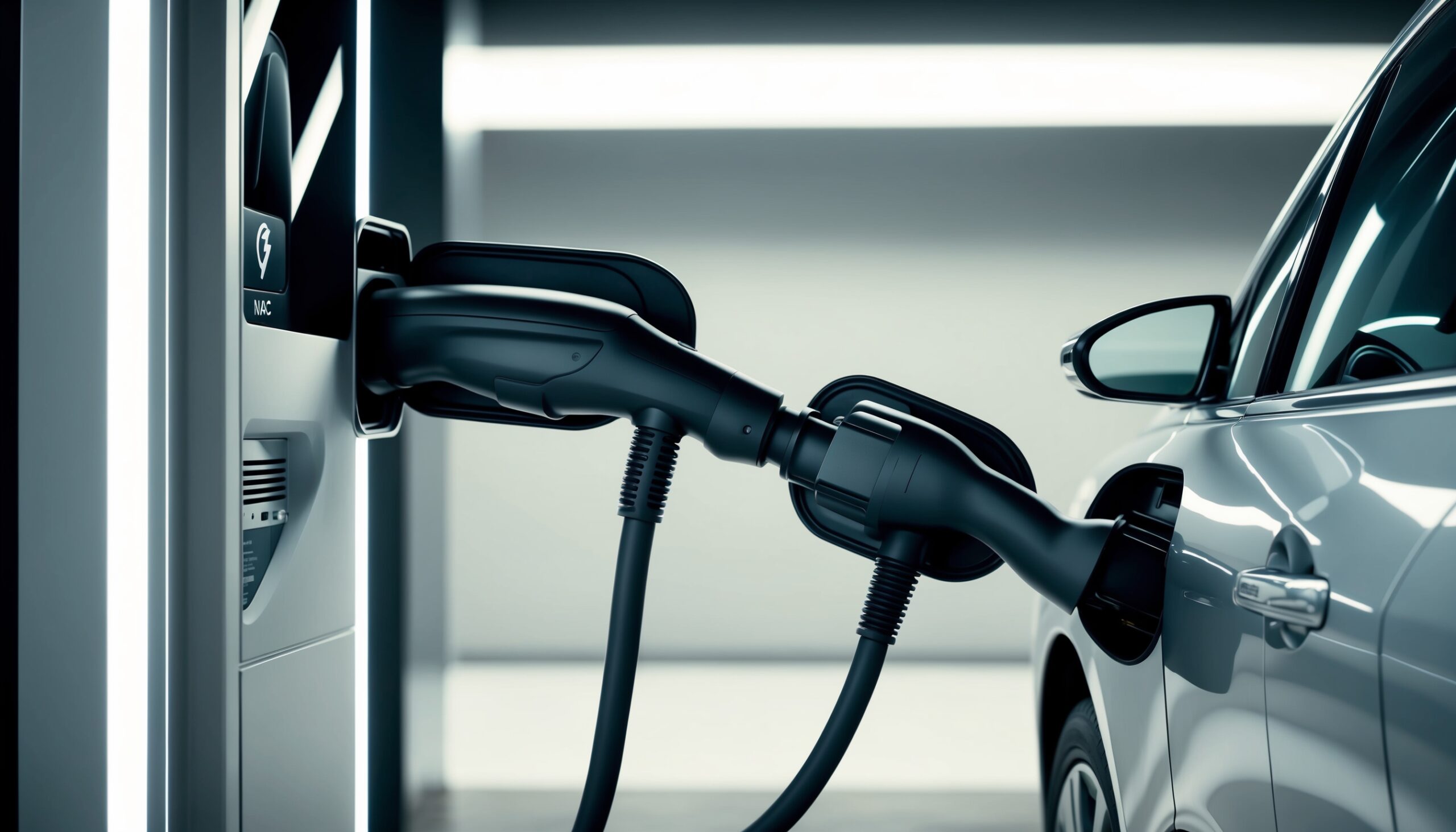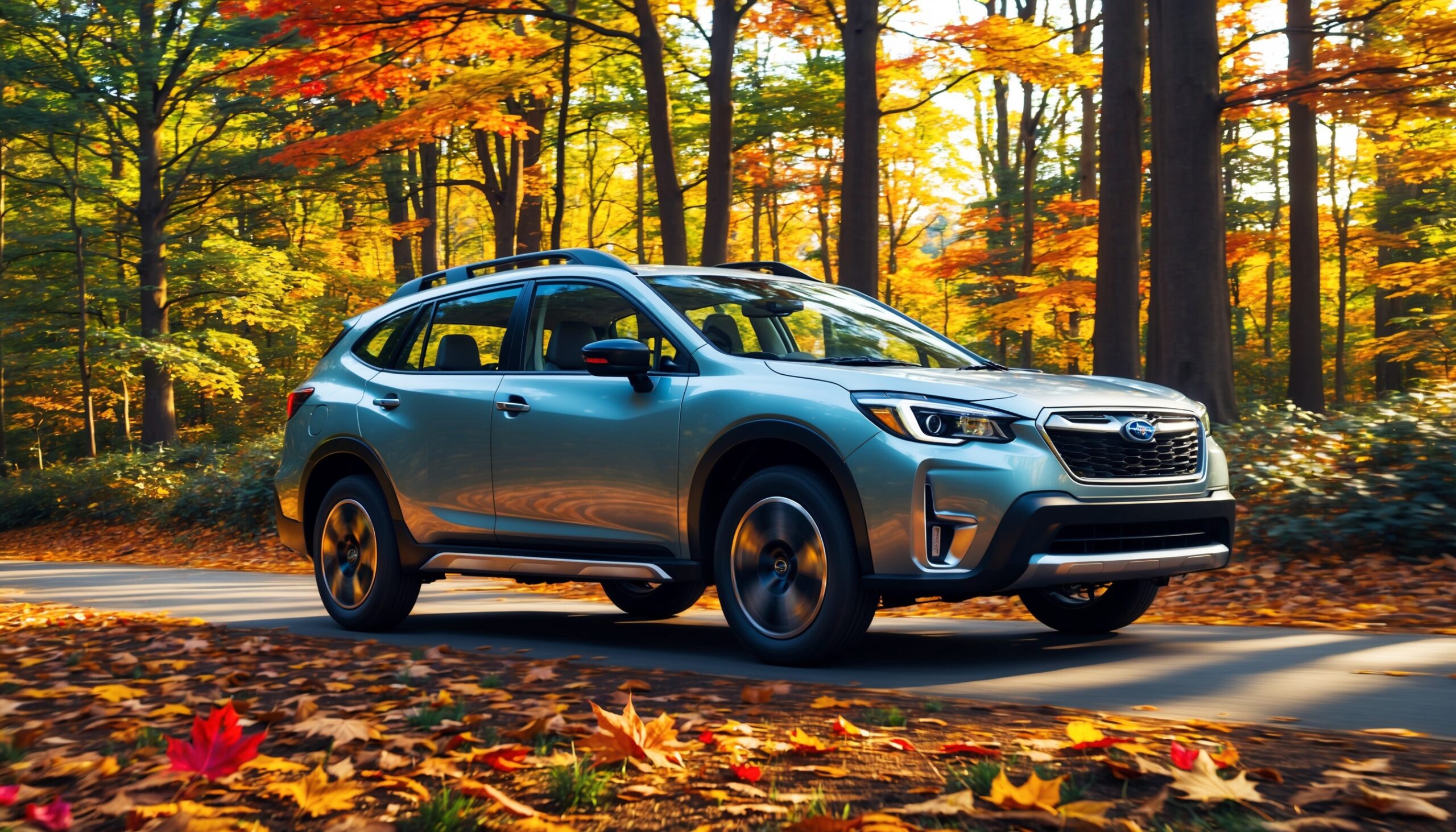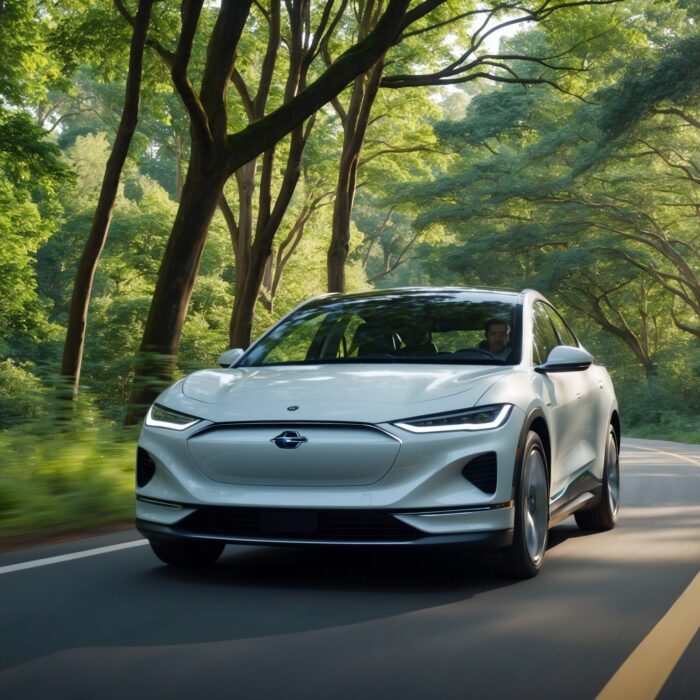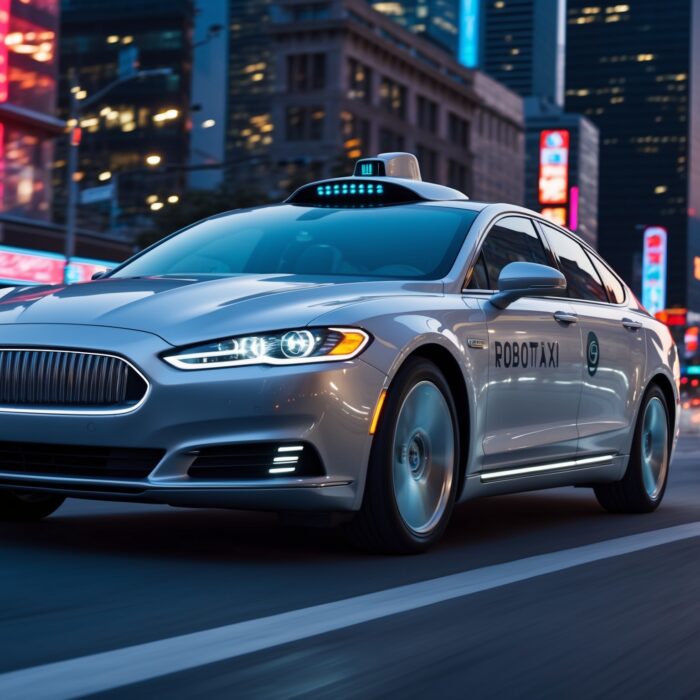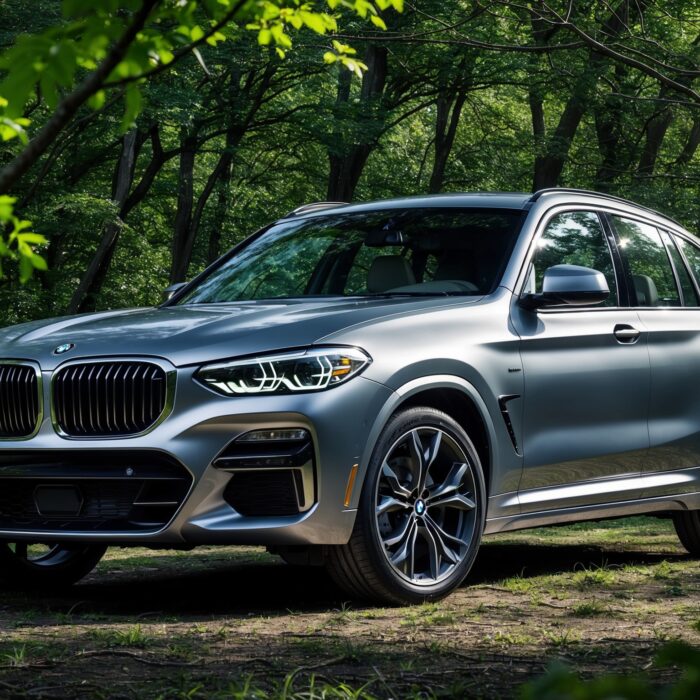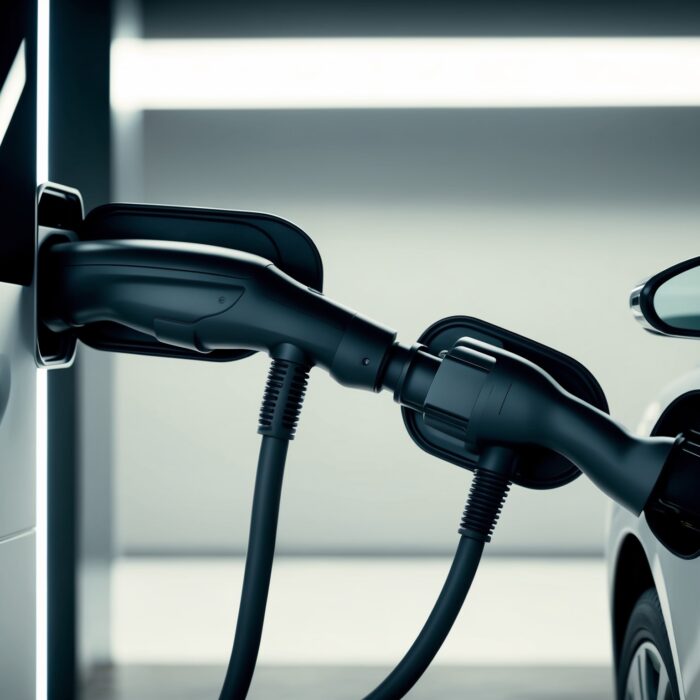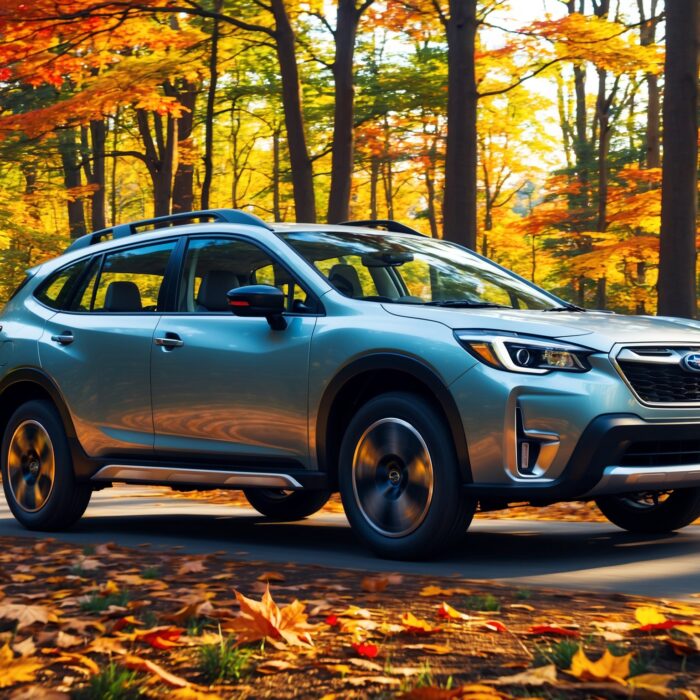Corporate Sustainability Goals: Which Automakers Lead the Net-Zero Race?
As car enthusiasts, we’ve always been captivated by the roar of an engine, the sleek lines of a body, and the thrill of hitting the open road. But with the rise of climate change concerns and environmental awareness, there’s a new frontier in the automotive world that’s just as exciting: corporate sustainability. The race to achieve net-zero emissions is on, and several automakers are leading the charge. In this post, we will take a closer look at how various manufacturers are stepping up their game and committing to a more sustainable future. Buckle up, because this journey is going to be enlightening!
The Shift Towards Sustainability
With the increasing pressure from consumers and regulatory bodies, the automotive industry is undergoing a transformative shift. It’s no longer just about horsepower and torque; now, it’s about how eco-friendly a vehicle can be while still delivering performance and style. Many automakers have set ambitious corporate sustainability goals, aiming for net-zero emissions in the coming decades. But what does this mean for us, the car aficionados? It means that the vehicles we love are evolving, and we get to be part of this exciting transition.
What is Net-Zero Emissions?
Before diving into the specifics, let’s clarify what net-zero emissions actually entail. Simply put, achieving net-zero means that a company balances the amount of greenhouse gases emitted with an equivalent amount removed from the atmosphere. This can be achieved through a combination of reducing emissions and implementing carbon offset strategies, like investing in renewable energy or reforestation projects.
Why Automakers are Taking Action
- Consumer Demand: Today’s consumers are more environmentally conscious than ever. Many buyers favor brands that prioritize sustainability, which is driving automakers to make significant changes.
- Regulatory Pressures: Governments around the world are tightening emissions regulations, pushing companies to innovate and reduce their carbon footprints.
- Corporate Responsibility: Many automakers recognize their role in combating climate change and are committing to sustainability as a core value.
Leading the Pack: Automakers Committed to Net-Zero
Let’s take a closer look at some of the automakers that are leading the charge in the net-zero race. Each of these companies has set ambitious targets and developed innovative strategies to meet their sustainability goals, proving that the future of automotive can be both thrilling and eco-friendly.
Tesla: The Pioneer of Electric Vehicles
When it comes to electric vehicles (EVs), Tesla is often at the forefront of the conversation. Founded by visionary Elon Musk, Tesla has made it its mission to accelerate the world’s transition to sustainable energy. Here are some key aspects of Tesla’s sustainability goals:
- All-Electric Lineup: Tesla’s entire lineup consists of electric vehicles, eliminating the need for combustion engines altogether.
- Gigafactories: Tesla’s Gigafactories are designed to produce batteries at scale, significantly reducing the cost of battery technology and making EVs more accessible.
- Carbon Neutrality by 2030: Tesla aims to achieve carbon neutrality across its global operations by 2030, with a commitment to renewable energy sources.
Ford: Revamping the Blue Oval
Ford, a brand synonymous with American muscle, is also pivoting towards a more sustainable future. The automaker has set ambitious goals that reflect its commitment to reducing its environmental impact:
- Carbon Neutrality by 2050: Ford has committed to becoming carbon neutral globally by 2050, with interim goals set for 2035.
- Electrification Strategy: The company plans to invest over $22 billion in electrification through 2025, with notable models like the Mustang Mach-E and the all-electric Ford F-150 Lightning leading the charge.
- Renewable Energy: Ford is also focused on using 100% renewable energy in its manufacturing plants by 2035.
General Motors: Aiming for an All-Electric Future
General Motors (GM) is another major player in the race for sustainability. With a bold vision for the future, GM is embracing electric mobility:
- Carbon Neutral by 2040: GM has set a goal to become carbon neutral in its global products and operations by 2040.
- 30 New Electric Models by 2025: The automaker plans to launch 30 new electric vehicles globally by 2025, signaling a major shift in its product lineup.
- Ultium Battery Technology: GM’s Ultium battery platform aims to lower costs and increase the range of electric vehicles, making them more appealing to consumers.
Volkswagen: Transforming for Tomorrow
Volkswagen has faced its share of challenges but is now on a mission to become a leader in sustainable mobility. The company has set ambitious targets to reduce its environmental impact:
- Carbon Neutral by 2050: Volkswagen aims to achieve carbon neutrality across its entire fleet by 2050.
- ID Family of EVs: The ID family, including the ID.4 and ID. Buzz, showcases Volkswagen’s commitment to electric mobility.
- Sustainable Supply Chain: The company is focused on ensuring that its supply chain is sustainable, from raw materials to production processes.
BMW: Performance Meets Sustainability
BMW is known for its sporty vehicles, but the automaker is also prioritizing sustainability:
Also Read: New Federal Safety Standards for Vehicles Without Manual Controls
- Carbon Neutral by 2050: BMW has set a target to be carbon neutral throughout its entire value chain by 2050.
- Expansion of EVs: The BMW Group is committed to offering 25 electrified models by 2023, including fully electric and plug-in hybrid options.
- Circular Economy: BMW is focusing on a circular economy approach, which emphasizes recycling and reusing materials to reduce waste.
Innovative Technologies Driving Change
While the automakers listed above are making significant strides towards sustainability, the technology behind their vehicles is also evolving. Here are some of the innovative technologies that play a crucial role in the shift towards net-zero emissions:
Battery Technology
Battery technology is at the heart of the electric vehicle revolution. Improvements in battery capacity, charging speed, and longevity are essential for making EVs more appealing to consumers. Companies are investing heavily in research and development to create solid-state batteries, which promise higher energy densities and faster charging times.
Also Read: Next-Gen Battery Cooling: How Liquid Immersion is Revolutionizing EV Performance
Hydrogen Fuel Cells
Hydrogen fuel cell technology is another exciting avenue for sustainable transportation. Automakers like Toyota and Hyundai are exploring hydrogen as a clean fuel alternative to traditional gasoline engines. These vehicles emit only water vapor, making them an environmentally friendly option.
Autonomous Driving
Autonomous driving technology can also contribute to sustainability. By optimizing driving patterns, autonomous vehicles can reduce traffic congestion and improve fuel efficiency. Companies like Waymo and Tesla are investing heavily in this technology, which could reshape the future of transportation.
Challenges on the Road to Net-Zero
While automakers are making impressive strides towards sustainability, the journey to net-zero is not without its challenges. Here are some hurdles that the industry faces:
- Infrastructure: The widespread adoption of electric vehicles depends on the availability of charging infrastructure. Many regions still lack the necessary charging stations, which can deter potential buyers.
- Supply Chain Issues: Sourcing sustainable materials for batteries and vehicle production can be challenging, especially as demand increases.
- Consumer Education: Educating consumers about the benefits of EVs and sustainable practices is crucial for driving adoption.
The Role of Consumers
As car enthusiasts and consumers, we have a role to play in this shift towards sustainability. Here are some ways we can contribute:
- Educate Yourself: Stay informed about the latest advancements in electric vehicles and sustainable practices.
- Support Sustainable Brands: Choose to purchase from automakers that prioritize sustainability in their operations.
- Advocate for Change: Engage in discussions about sustainable transportation and advocate for policies that promote electric vehicles and renewable energy.
The Future of Automotive Sustainability
The race to net-zero emissions is just beginning, and the future of the automotive industry looks promising. As technological advancements continue, we can expect to see even more innovation in electric vehicles, battery technology, and sustainable practices. The automakers leading the charge are not just focused on their bottom line; they are paving the way for a greener future for generations to come.
At Torque Feed, we’re excited to see how these developments unfold and how they will shape the vehicles we drive and the roads we travel. The journey towards corporate sustainability goals is one that we can all be a part of, and it’s a thrilling time to be a car enthusiast. Let’s embrace this new era of automotive excellence and sustainability, because the road ahead is bound to be electrifying!


